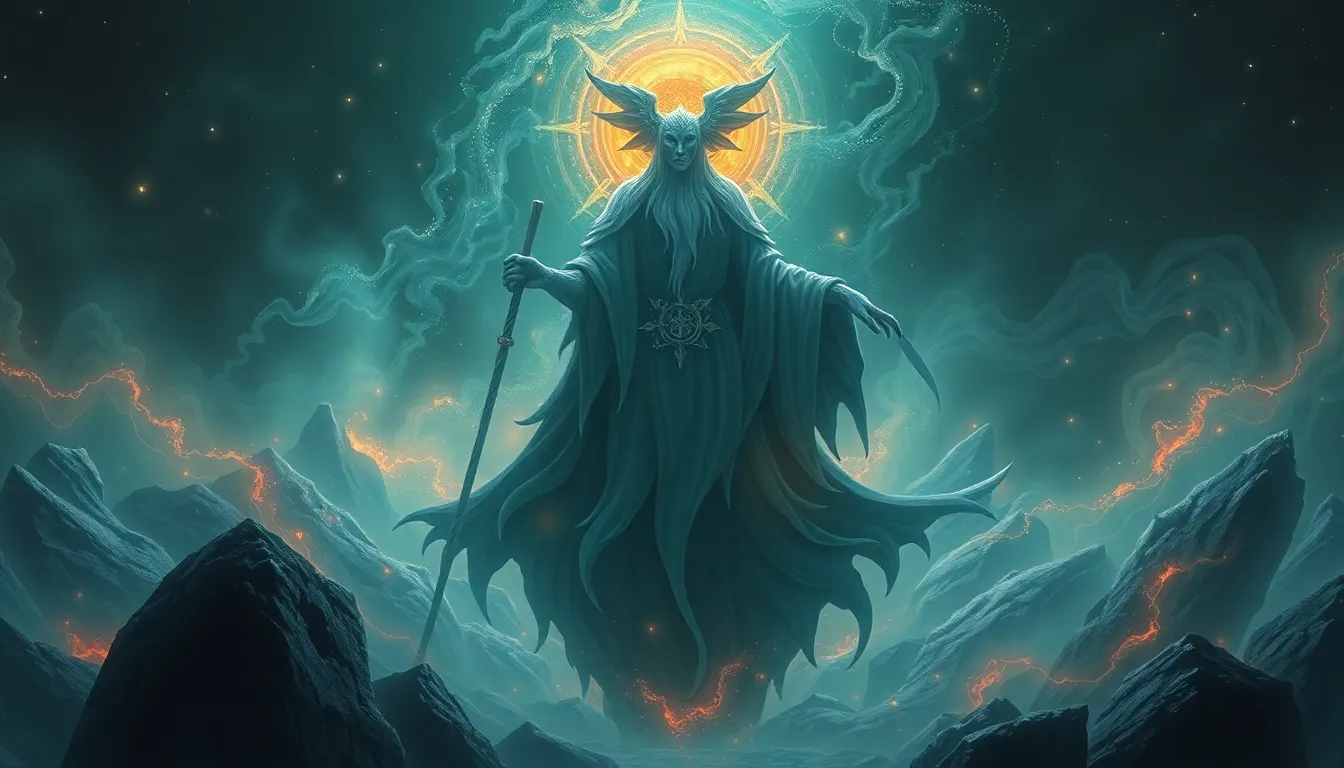Moral Myths and the Nature of Change: Lessons from Legends
Introduction to Moral Myths
Moral myths serve as foundational stories that convey the values and ethical principles of a culture. These narratives often embody the collective wisdom of societies, illustrating what is deemed right or wrong through compelling storytelling. The significance of moral myths lies not only in their entertainment value but also in their power to shape societal values and beliefs.
Myths encapsulate complex ideas in relatable narratives, making them accessible to a wide audience. They often reflect the struggles and triumphs of humanity, providing guidance on how to navigate moral dilemmas. As such, they play a crucial role in the formation of cultural identities and the transmission of moral codes across generations.
The Role of Legends in Human History
Legends have historically functioned as vehicles for transmitting moral lessons and societal norms. They serve to reinforce cultural values while also offering a framework for understanding the human experience. By recounting tales of heroes, villains, and transformative events, legends encourage individuals to reflect on their actions and the consequences thereof.
For instance, many cultures have legends that emphasize the importance of bravery, sacrifice, and integrity. Examples include:
- The story of Hercules and his Twelve Labors, which embodies perseverance and courage.
- Robin Hood, who teaches the importance of justice and fighting against oppression.
- The legend of Gilgamesh, exploring themes of friendship, mortality, and the quest for meaning.
These examples illustrate how legends not only entertain but also instill moral values, guiding societies in their ethical development.
Change as a Central Theme in Myths
Change is a recurring theme in moral myths, often represented through the transformative journeys of key characters. Myths frequently depict characters facing challenges that force them to evolve, reflecting the universal experience of growth and adaptation.
For instance, in the myth of Prometheus, the Titan defies the gods to bring fire to humanity, symbolizing enlightenment and the quest for knowledge. His journey from creation to punishment exemplifies the costs associated with change and innovation.
Key transformative journeys in legends often include:
- The metamorphosis of Cinderella from a mistreated girl to a beloved princess, showcasing resilience and hope.
- The journey of Odysseus in the “Odyssey,” illustrating the challenges of returning home and the wisdom gained through adversity.
- The transformation of King Arthur from a young, inexperienced leader to a wise and noble king, representing moral integrity and leadership.
These narratives highlight how change is not only inevitable but also essential for personal and societal development.
Case Studies of Prominent Moral Myths
Examining specific moral myths provides deeper insights into the lessons these stories convey about change. For example:
- Prometheus: His act of giving fire to humanity symbolizes the spark of innovation and the moral responsibility that comes with knowledge.
- King Arthur: The legend of Excalibur represents rightful leadership and the transformative power of unity and justice.
- Theseus and the Minotaur: This myth underscores the importance of confronting one’s fears and the transformative journey of self-discovery.
Through these case studies, it becomes clear that moral myths serve as powerful allegories for change, encouraging individuals to embrace transformation and learn from their experiences.
Cultural Variations in Moral Myths
Different cultures interpret change through their legends in unique ways, reflecting their historical contexts and societal values. For example, in Eastern traditions, legends often emphasize harmony and balance, whereas Western myths may focus on individualism and heroism.
Examples of cross-cultural myths that highlight similar moral themes include:
- The story of the flood: Present in various cultures, such as the Epic of Gilgamesh and the biblical account of Noah, emphasizing themes of renewal and rebirth.
- Myths of trickster figures, like Anansi in African folklore and Loki in Norse mythology, who challenge the status quo and encourage adaptability.
This comparison illustrates how cultures utilize myths to navigate the complexities of change, albeit in different ways.
Lessons from Legends: Adapting to Change
The moral lessons derived from legends offer practical applications for contemporary society. By embracing the teachings of these myths, individuals can develop strategies to adapt to change effectively. Some practical applications include:
- Recognizing the importance of resilience in the face of adversity.
- Understanding that change often leads to growth and new opportunities.
- Learning from the experiences of legendary figures to navigate personal challenges.
These strategies encourage individuals to approach change with a positive mindset, drawing inspiration from the transformative journeys depicted in myths.
The Psychological Impact of Moral Myths
Moral myths significantly influence both individual and collective psychology. They shape our understanding of identity, ethics, and the human experience. The act of storytelling, central to the transmission of myths, plays a crucial role in how we process change and challenge.
Psychologically, myths can:
- Provide a sense of belonging and cultural identity.
- Offer frameworks for understanding personal and societal challenges.
- Foster empathy and compassion by connecting us to shared human experiences.
Through the lens of mythology, individuals can gain insights into their own lives and the broader world, enhancing their adaptability to change.
Critiques of Moral Myths and Their Relevance Today
Despite their enduring power, moral myths have faced criticism regarding their relevance and applicability in contemporary society. Some argue that traditional legends may not resonate with modern values or adequately address current moral dilemmas.
Critiques include:
- The potential for myths to perpetuate outdated stereotypes or norms.
- The challenge of adapting ancient wisdom to contemporary issues.
- Concerns about cultural appropriation when myths are shared across different societies.
These criticisms prompt a reevaluation of how we engage with moral myths and how we can adapt their lessons to fit modern contexts.
The Future of Moral Myths in a Changing World
As society continues to evolve, the future of moral myths is likely to change in response to global challenges. New legends may emerge, reflecting contemporary issues such as climate change, social justice, and technological advancement.
Speculation about the evolution of moral myths includes:
- The creation of new narratives that address the complexities of modern life.
- The adaptation of existing myths to resonate with current audiences.
- The potential for digital storytelling to give rise to new forms of mythology.
This evolution underscores the adaptability of moral myths in helping individuals and societies navigate the challenges of an ever-changing world.
Conclusion: The Enduring Power of Myths
In summary, moral myths play an essential role in shaping our understanding of change and guiding our ethical development. They offer timeless lessons that remain relevant in navigating contemporary moral dilemmas. As we reflect on the relationship between myths and change, it becomes evident that legends are not just relics of the past; they are vital narratives that continue to influence our lives.
Ultimately, the enduring power of myths lies in their ability to connect us to our shared humanity, providing a compass for navigating the complexities of life in a changing world.



